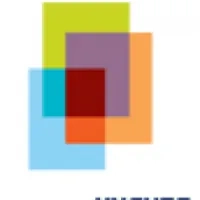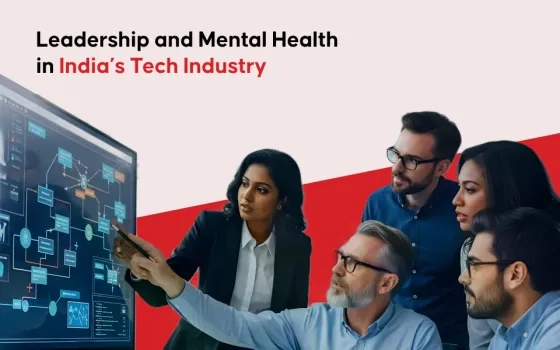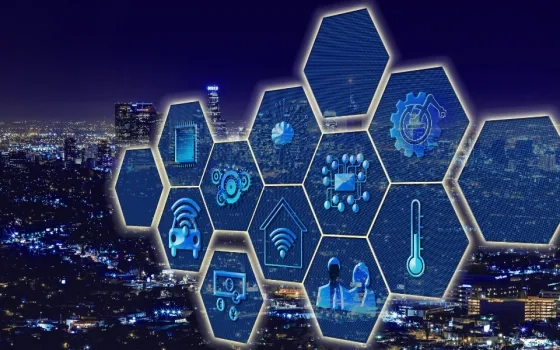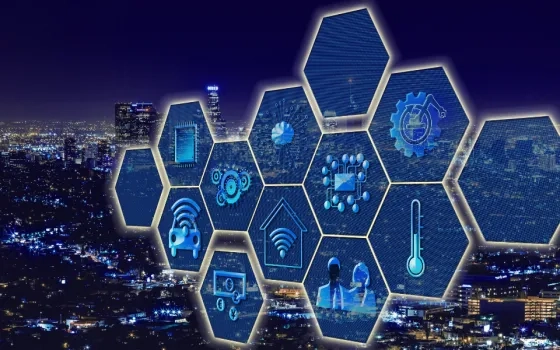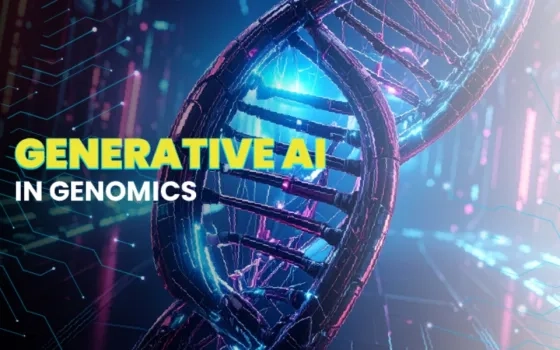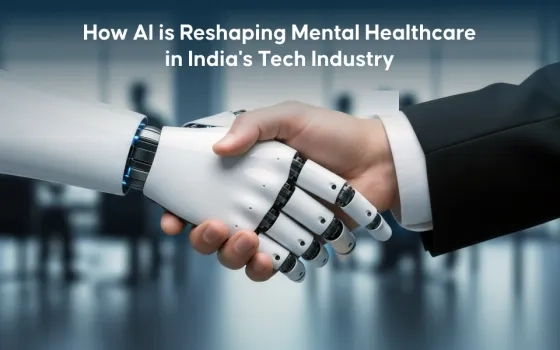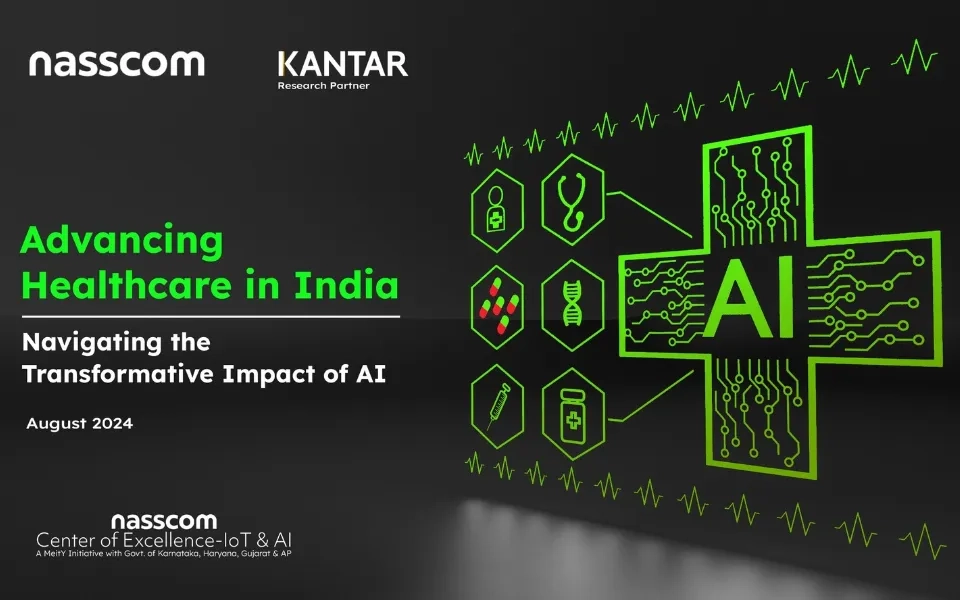The Internet of Things is the most widely talked about technology trend that has affected many industries, including hospitality that aims to meet its guests' needs and create a personalized stay experience for them.
The term "things" on the Internet of Things may appear vague, but it simply refers to any internet-connected device that is used to operate a process, gather data, or exchange information with other devices. This state-of-the-art technology is changing the way services, and products deliver value. It improves data collection, increases automation, and allows humans to control many devices from a single interface, even if they're physically separated.
Shifting towards a new paradigm
Even in hospitality and especially in hotels, IoT has introduced a new paradigm, allowing enterprises to become more intelligent and efficient, thus redefining the guest experience by addressing real-time guest queries and rendering hyper-personalized recommendations. Needless to say, hospitality is one of the leading industries that has adopted IoT to create innovative services. It has unlocked many facets for the industry where it has been instrumental in:
- Helping understand the guests’ context and predicting their needs
- Providing the ability to learn the guests’ physical location and present them with real-time and personalized content
- Creating a sense of smartness in content generation by accounting historical data, preferences, context, and time
- Improving hospitality’s back of house management by making business operations efficient, preventing critical system failures, and better usage of existing capacity
Moreover, IoT integration in hospitality has helped not only sustain the quality of service but also grow, since employees were relieved from routine duties and could focus on high-value tasks that added to the overall customer satisfaction enhancement, thereby creating a competitive advantage in the market.
What led to widespread IoT adoption in the hospitality sector?
The service industry is in itself unique wherein the offerings are tangible (food) as well as intangible (food service), they can be perishable (hotel room or booking reservations at a restaurant) which are simultaneously delivered and consumed and, ultimately distinct in terms of customer expectations (since we all know no customer is similar)
Once the guests' gadgets get integrated with the hotel, the guest preferences can be better used to engage and customize the experience for them. This way the guest research and buying process gets shorter and the experience is hyper-personalized leading to high guest satisfaction. Several attributes like improved customer insights and their stay experience, asset and facility management, security as well as safety, and most importantly, the effective decision making through data-led analysis have all contributed to the proliferation in adoption and implementation of IoT technology, increasing the revenue and decreasing the cost.
Having already witnessed how the implementation of IoT technology has demonstrated great efficacy for the airline as well as fast food industries concerning in-flight meal production and order taking respectively, it has also revolutionized hotels across the globe that too relies on service operations or behind the scenes processes that help orchestrate the front-end services which are delivered to the end-users or the guests. IoT leverages big data to assist hospitality service providers like hotels with anticipating customer wants and needs, personalizing the stay experience, and executing faster service recovery to provide a holistically better guest experience
Applications of the Internet of Things in the hospitality sector
Today, many enterprises in the hospitality industry have implemented the Internet of Things in their ecosystems, since the technology provides several critical advantages that are particularly beneficial for having a competitive advantage. These advantages vary from helping businesses save money to providing a better guest experience.
1. Contactless Service
In the wake of the pandemic, hoteliers improvised their existing offerings to reduce the physical touchpoints for the guests which were best achieved with the use of IoT devices. The installation of self-service kiosks and digital screens automated the guests' check-in via keyless entries where applications installed into the guests' devices functioning as their room key reduced not only the waiting time but the need to visit the reception as well.
But despite many solution providers working with the hotels to incorporate such offerings, the major challenge which the hotels have faced is to get their applications downloaded onto the guest’s devices.
Moreover, the use of voice-enabled technology devices deepened the personalized room experience for the guests at the hotels. Hotel chains like Marriott and Wynn Las Vegas, have implemented voice-enabled systems like Amazon’s Alexa for customer service. The trend is expected to grow and thrive in the coming years. Guests use the service to request hotel room service, reserve tables at the hotel's restaurants or sign up for leisure activities such as spa treatments. Even as we slowly return to a sense of normalcy around the world, such additions to the services have become a part of providing a differentiated experience to the customers along with assuring safety measures.
2. Automation
The ability to fulfill a task without human intervention reduces the chances of error, improves safety and efficiency, and increases productivity. The advantages of implementing IoT in hospitality where some tasks are delegated to the machines have made more time available for the hotel staff to take care of guests and enhance the service experience through co-creative activities. Providing a seamless guest experience, be it in terms of connectivity services like Wi-Fi or preventing service failures for the hotel infrastructure, the benefits of having to automate every aspect of the guest journey are simply possible through IoT.
3. Hyper-Personalization
Several studies have showcased how customers look for and are willing to pay more for self-designed products and services, which add higher value than the standardized products or services. IoT adoption enabled hotels to tailor services that create a profound customer-brand relationship and increase revenue. By leveraging customer insights acquired from IoT implementations such as video analytics, sensors, devices capturing guests' in-room activities and spending patterns, they can foresee their needs in advance and tailor the services according to their interests.
4. Location-aware engagements
Real-time guest tracking and engagement either through mobile applications, Wi-Fi, beacon technology, and GPS opens possibilities to supply location-based services. Adding a touch of personalization on top of it adds that cherry to the service experience which makes the guests come back again and again. For example, advertising offers on gym services on platforms like guests’ devices whenever they are in the vicinity or sharing restaurant menus when guests pass by the hotel restaurant. It can also include providing information on local transportation options or nearby attractions.
Hoteliers can also use such location data to optimize their staff according to customer traffic in different zones. Smart video camera solutions can generate real-time information within the hotel premise and let the administration know about the busiest areas to make sure adequate staff is maintained.
5. Asset Management and Energy Conservation
IoT empowers hotels to stay informed about energy usage and create efforts towards the reduction in unnecessary consumption using occupancy sensors to prevent loss of energy when guests leave the room and utility meter cameras for monitoring utility usage. Moreover, it also opens avenues where guests' preferences can be incorporated into the system while they are in the room and increases personalization and enhances the service experience.
Virgin Hotel, for example, has created an application that allows guests to interact with their room's thermostat, allowing them to set the temperature to their preferred degree of comfort even before entering the room.
To save energy and enhance interior lighting uniformity, Starwood Hotels & Resorts employed a technique known as "daylight harvesting," which included automatically adjusting the energy-efficient LED lighting based on the quantity of natural light detected in the room. Other hotels use pre-programmed "scenes," such as opening the curtains and turning on the lights as soon as the guestroom door is opened.
According to a study conducted by Cundall, hotels use 28% less energy with such connected lighting systems. Green hospitality, which aims at using less energy and water, is important for creating a sustainable environment that builds on the perceived benefits the hotel provides to the environment, the employees, and the guests, resulting in a competitive advantage.
The Internet of Things is evolving, and the hospitality sector is transforming because of the rapid pace of innovation and the rising potential for intelligent hotel solutions. Intelligent hotels will soon become the norm, as hotel owners strive to provide the best in guest services and technological facilities.




